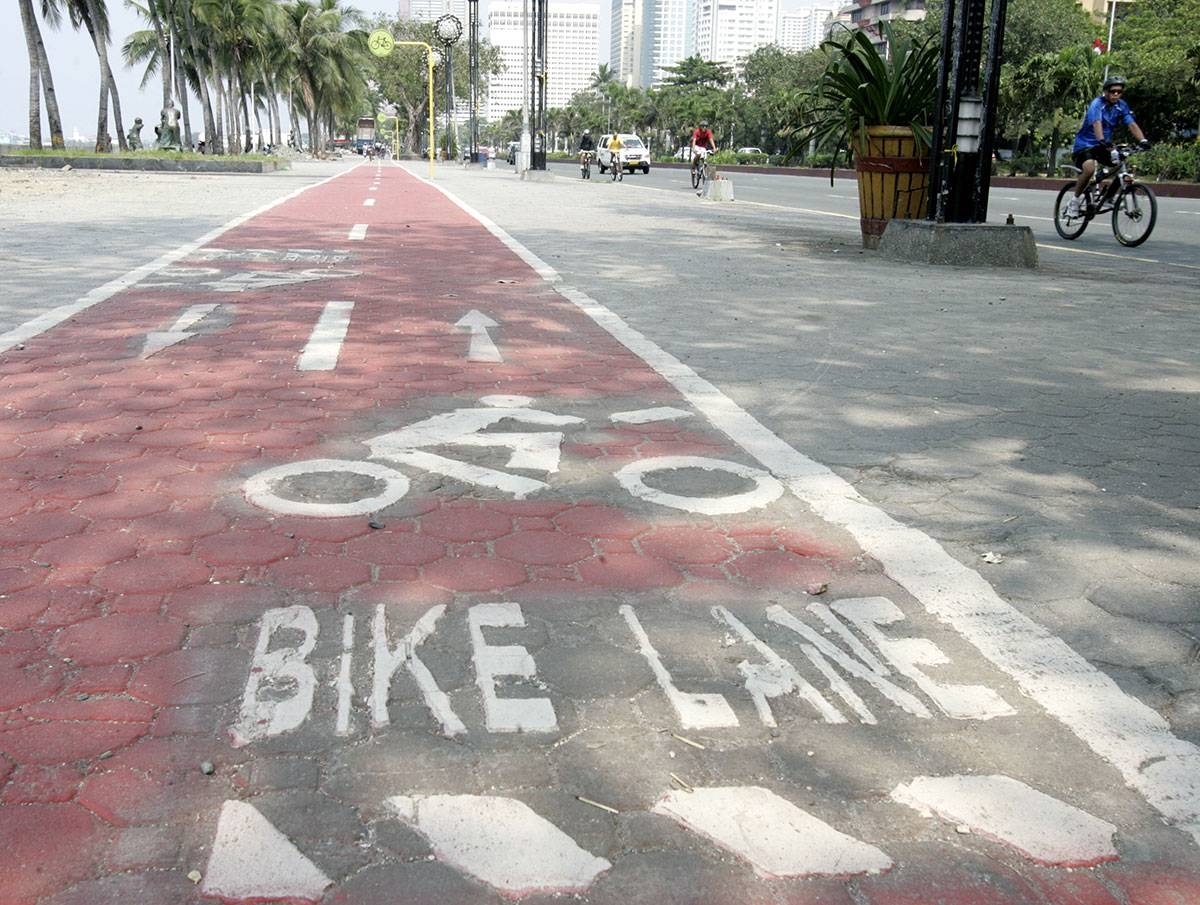In a significant move to prioritize the development of protected bicycle lanes, the House of Representatives has recently increased the funding for the Active Transport and Safe Pathways Program (ATSPP) to P1 billion, according to Quezon City 4th District Rep. Marvin Rillo. Rillo, who serves as the vice chairman of the House Committee on Metro Manila Development and a member of the House Committee on Appropriations, highlighted the importance of this budget increase in the pursuit of sustainable and safe mobility options.
The allocation of P1 billion for bicycle lanes with durable physical separation from mixed traffic lanes in the 2024 General Appropriations Law represents a significant milestone. This amount is double the initial request of P500 million from the Department of Budget and Management, demonstrating the government’s commitment to promoting cycling as a viable and sustainable mode of transportation.
Rillo emphasized that this budget increase serves as a reassurance to the Filipino people that cycling is not only an alternative means of mobility but also a long-term solution that contributes to public health and reduces harmful motor vehicle emissions. By prioritizing cycling infrastructure, the government aims to create a safer and healthier environment for its citizens.
The additional P1 billion funding has been included in the Department of Transportation’s (DoTr) 2024 budget. This allocation supplements the existing budget of P705 million in 2023 and P2 billion in 2022 earmarked for the ATSPP. With a total of P2.705 billion dedicated to the program over the next three years, the government is making a substantial investment in the expansion and improvement of bicycle lanes.
As of June 2023, the ATSPP has successfully established 564 kilometers of bicycle lanes across Metro Manila, Metro Cebu, and Metro Davao. These dedicated lanes provide cyclists with a safe and separate space to commute, encouraging more people to choose cycling as a mode of transportation. The program’s accomplishments thus far lay the foundation for the Department of Transportation’s ambitious goal of establishing 2,400 kilometers of bicycle lanes by 2028.
The establishment of protected bicycle lanes not only enhances the safety of cyclists but also contributes to the overall improvement of urban mobility. By creating a dedicated space for cyclists, the government is encouraging a shift towards sustainable transportation options and reducing congestion on the roads. Additionally, the expansion of bicycle lanes promotes a healthier and more active lifestyle, benefiting the physical and mental well-being of the population.
This increase in funding for the ATSPP reflects the government’s commitment to prioritize sustainable and eco-friendly transportation solutions. By investing in bicycle infrastructure, the House of Representatives acknowledges the importance of providing safe and convenient options for commuters. The allocation of P1 billion for protected bicycle lanes demonstrates a forward-thinking approach to urban planning and sets a positive example for other cities and countries looking to prioritize cycling as a means of transportation.
In conclusion, the House of Representatives’ decision to allocate P1 billion for protected bicycle lanes is a significant step towards promoting sustainable mobility in the Philippines. This increased funding will facilitate the expansion and improvement of cycling infrastructure, providing a safer and more accessible option for commuters. By prioritizing cycling, the government is not only addressing the need for alternative transportation modes but also contributing to public health and environmental sustainability. With the continued support and investment in bicycle lanes, the Philippines is well on its way to becoming a more bike-friendly nation.







